
Kód: 04516796
Jokei and Buddhist Devotion in Early Medieval Japan
Autor James L. Ford
This is the first book-length study in any language of J=o kei (1155-1213), a prominent Buddhist cleric of the Hoss=o (Yog=ac=ara) school, whose life bridged the momentous transition from Heian (794-1185) to Kamakura (1185-1333) J ... celý popis
- Jazyk:
 Angličtina
Angličtina - Vazba: Pevná
- Počet stran: 336
Nakladatelství: Oxford University Press Inc, 2006
- Více informací o knize

Mohlo by se vám také líbit
-

Theory of Scheduling
544 Kč -

Connecticut Yankee in King Arthur's Court
567 Kč -

Literary Cold War, 1945 to Vietnam
2987 Kč -

Public Finance and Post-Communist Party Development
1701 Kč -

International Mechanisms for the Control and Responsible Use of Alien Species in Aquatic Ecosystems
1558 Kč -

Tarantel Tango
346 Kč
Darujte tuto knihu ještě dnes
- Objednejte knihu a zvolte Zaslat jako dárek.
- Obratem obdržíte darovací poukaz na knihu, který můžete ihned předat obdarovanému.
- Knihu zašleme na adresu obdarovaného, o nic se nestaráte.
Více informací o knize Jokei and Buddhist Devotion in Early Medieval Japan
Nákupem získáte 231 bodů
 Anotace knihy
Anotace knihy
This is the first book-length study in any language of J=o kei (1155-1213), a prominent Buddhist cleric of the Hoss=o (Yog=ac=ara) school, whose life bridged the momentous transition from Heian (794-1185) to Kamakura (1185-1333) Japan. "Kamakura Buddhism" has drawn notable scholarly attention, largely because it marks the emergence of new schools-Pure Land, Nichiren, and Zen-that came to dominate the Buddhist landscape of Japan. Although J=okei is invariably cited as one of the leading representatives of established Buddhism during the Kamakura period, he has been seriously neglected by Western scholars. In this book, James L. Ford aims to shed light on this pivotal and long-overlooked figure. Ford argues convincingly that J=okei is an ideal personage through which to peer anew into the socio-religious dynamics of early medieval Japan. Indeed, J=okei is uniquely linked to a number of decisive trends and issues of dispute including: the conflict between the established schools and H=onen's exclusive nenbutsu movement; the precept-revival movement; doctrinal reform efforts; the proliferation of prominent "reclusive monks" (tonseis=o); the escalation of fundraising (kanjin) campaigns and popular propagation; and the conspicuous revival of devotion toward 'S=akyamuni and Maitreya. J=okei represents a paradigm within established Buddhism that recognized the necessity of accessing other powers through esoteric practices, ritual performances, and objects of devotion. While J=okei is best known as a leading critic of H=onen's exclusive nenbutsu movement and a conservative defender of normative Buddhist principles, he was also a progressive reformer in his own right. Far from defending the status quo, J=okei envisioned a more accessible, harmonious, and monastically upright form of Buddhism. Through a detailed examination of J=okei's extensive writings and activities, Ford challenges many received interpretations of J=okei's legacy and the transformation of Buddhism in early medieval Japan. This book fills a significant lacuna in Buddhist scholarship
 Parametry knihy
Parametry knihy
Zařazení knihy Knihy v angličtině Humanities Religion & beliefs Buddhism
2305 Kč
- Plný název: Jokei and Buddhist Devotion in Early Medieval Japan
- Autor: James L. Ford
- Jazyk:
 Angličtina
Angličtina - Vazba: Pevná
- Počet stran: 336
- EAN: 9780195188141
- ISBN: 0195188144
- ID: 04516796
- Nakladatelství: Oxford University Press Inc
- Hmotnost: 640 g
- Rozměry: 243 × 163 × 26 mm
- Datum vydání: 07. September 2006
Oblíbené z jiného soudku
-

Mindfulness in Plain English
282 Kč -

When Things Fall Apart
276 Kč -
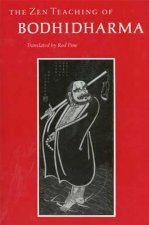
Zen Teachings
429 Kč -

When Things Fall Apart
398 Kč -

Who Ordered This Truckload of Dung?
366 Kč -
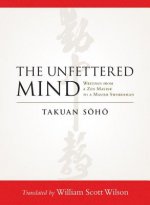
Unfettered Mind
403 Kč -

How to Love
234 Kč -

The Way of Zen
329 Kč -

Don't be a Jerk and Other Practical Advice from Dogen, Japan's Greatest Zen Master
394 Kč -

Sit Down and Shut Up
423 Kč -
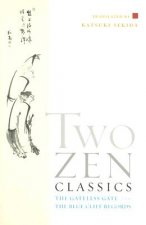
Two Zen Classics
744 Kč -
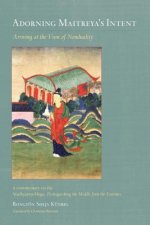
Adorning Maitreya's Intent
628 Kč -
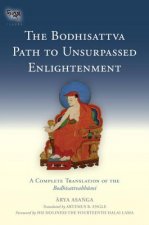
Bodhisattva Path to Unsurpassed Enlightenment
1250 Kč -

Radical Acceptance
436 Kč -
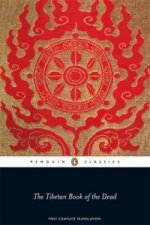
Tibetan Book of the Dead
357 Kč -

You Are Here
293 Kč -

The Book of Joy
410 Kč -

No Mud, No Lotus
344 Kč -
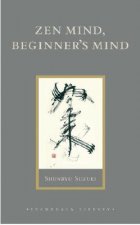
Zen Mind, Beginner's Mind
426 Kč -
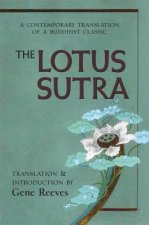
Lotus Sutra
303 Kč -
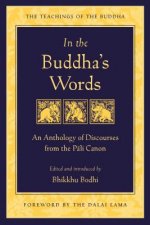
In the Buddha's Words
482 Kč -
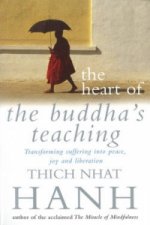
Heart Of Buddha's Teaching
437 Kč -

Feeding Your Demons
410 Kč -
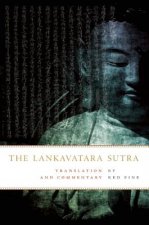
Lankavatara Sutra
466 Kč -
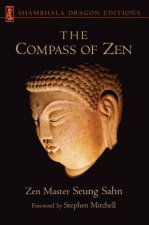
Compass of Zen
782 Kč -
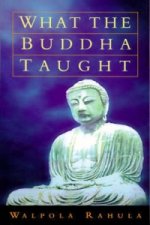
What the Buddha Taught
342 Kč -

Monk's Guide to a Clean House and Mind
234 Kč -
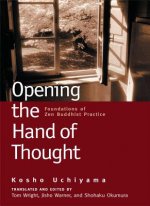
Opening the Hand of Thought
418 Kč -
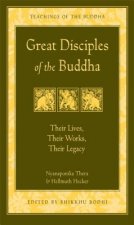
Great Disciples of the Buddha
447 Kč -

Right Concentration
487 Kč -

Everyday Zen
303 Kč -
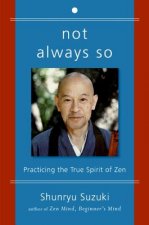
Not Always So
433 Kč -
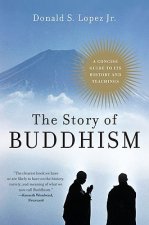
Story of Buddhism
388 Kč -

Wisdom of Insecurity
370 Kč -

Joy of Living
303 Kč -
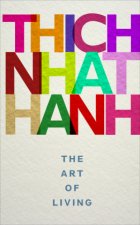
Art of Living
389 Kč -
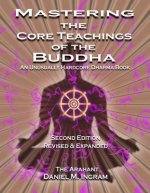
Mastering the Core Teachings of the Buddha
1151 Kč -

Falling into Grace
381 Kč -
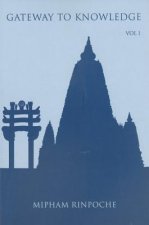
Gateway to Knowledge, Volume I
408 Kč -

Zen Teaching of Homeless Kodo
357 Kč -
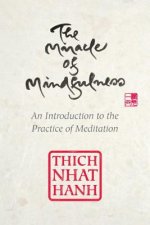
The Miracle of Mindfulness, Gift Edition : An Introduction to the Practice of Meditation
462 Kč -
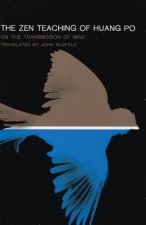
Zen Teaching of Huang Po
325 Kč -

Shambhala the Resplendent
372 Kč -
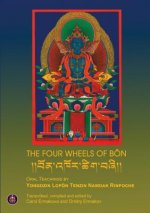
Four Wheels Bon
323 Kč -
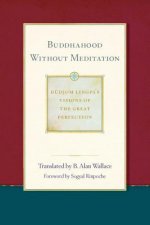
Buddhahood Without Meditation
472 Kč -
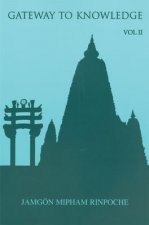
Gateway to Knowledge, Volume II
443 Kč -
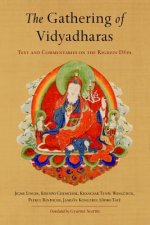
Gathering of Vidyadharas
908 Kč -

Anger
410 Kč -
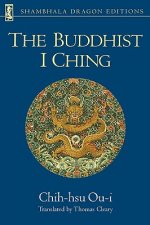
Buddhist I Ching
747 Kč
Osobní odběr Praha, Brno a 12903 dalších
Copyright ©2008-24 nejlevnejsi-knihy.cz Všechna práva vyhrazenaSoukromíCookies



 Vrácení do měsíce
Vrácení do měsíce 571 999 099 (8-15.30h)
571 999 099 (8-15.30h)